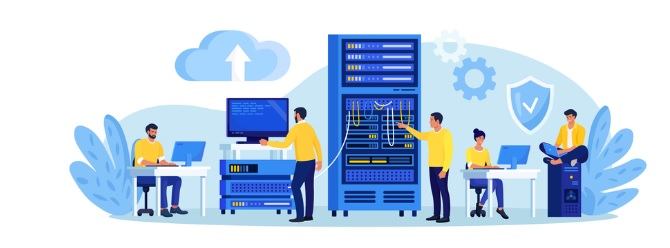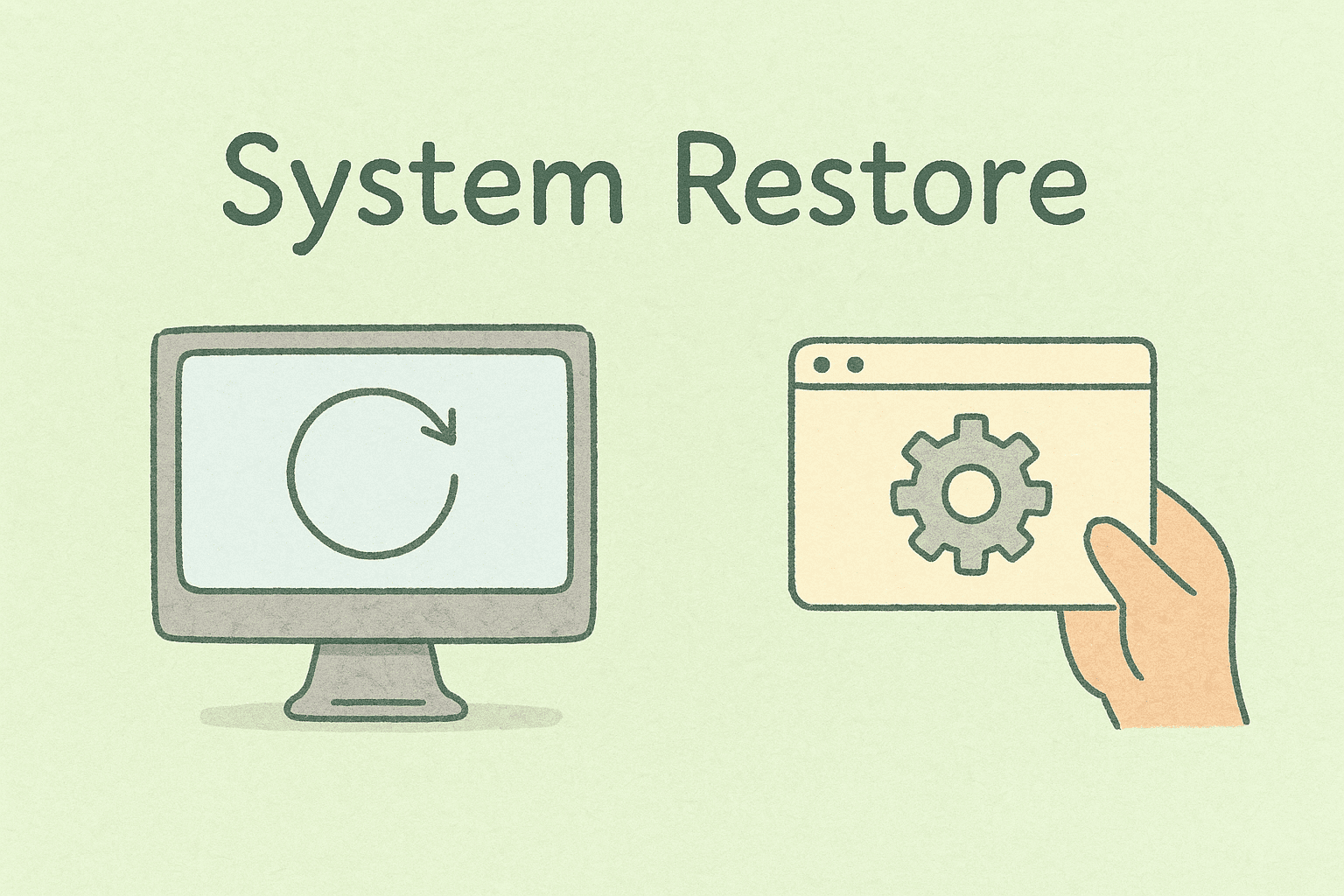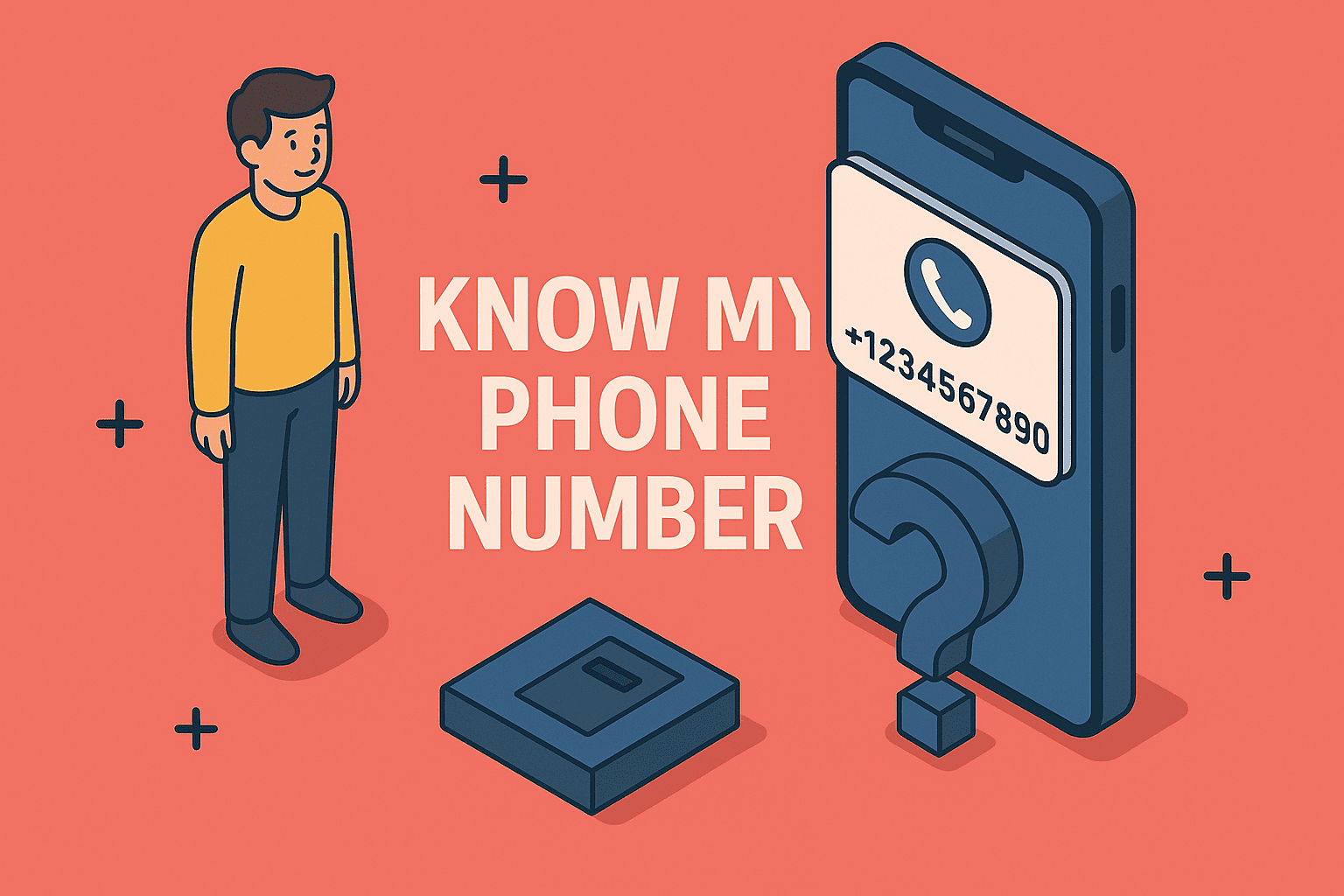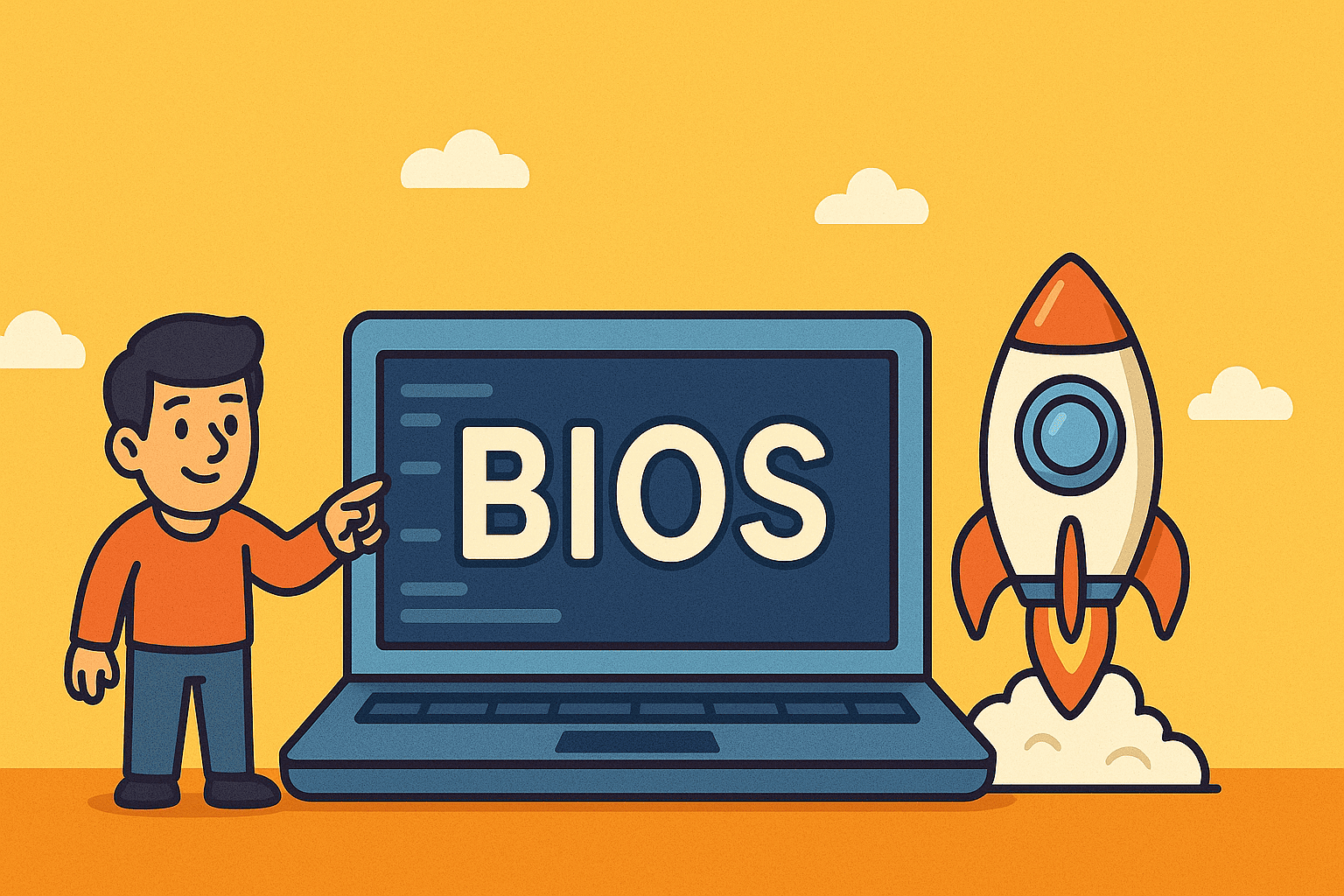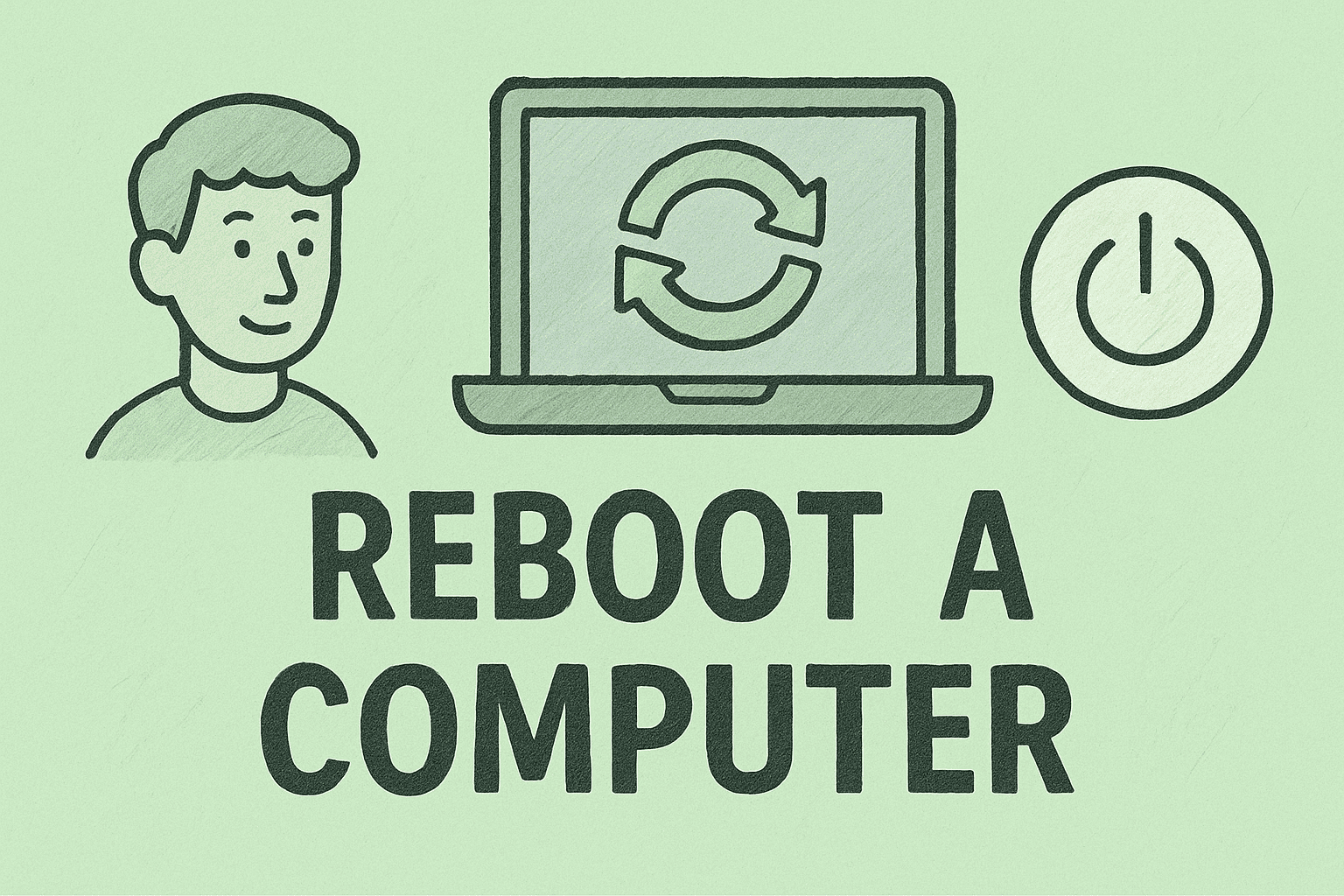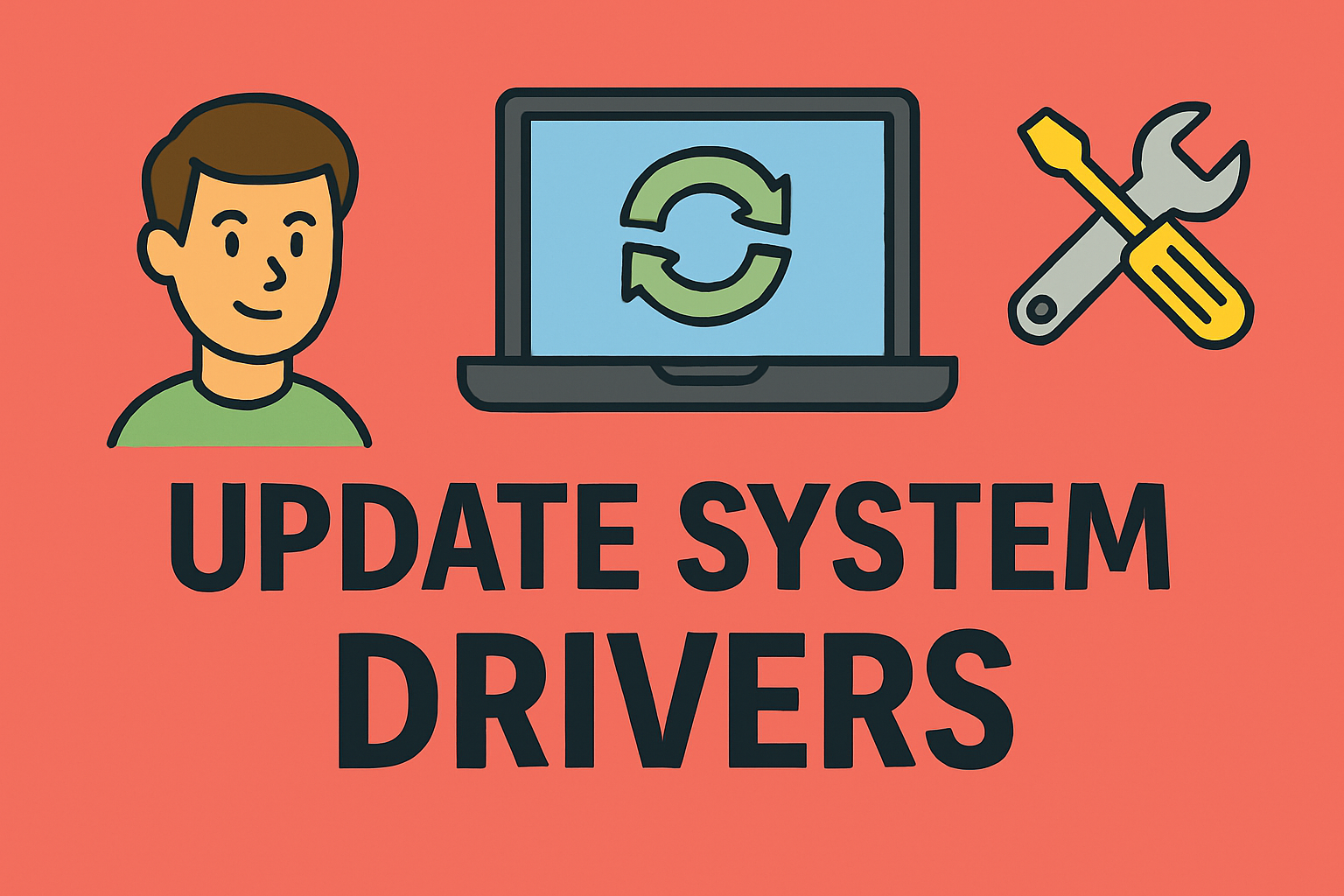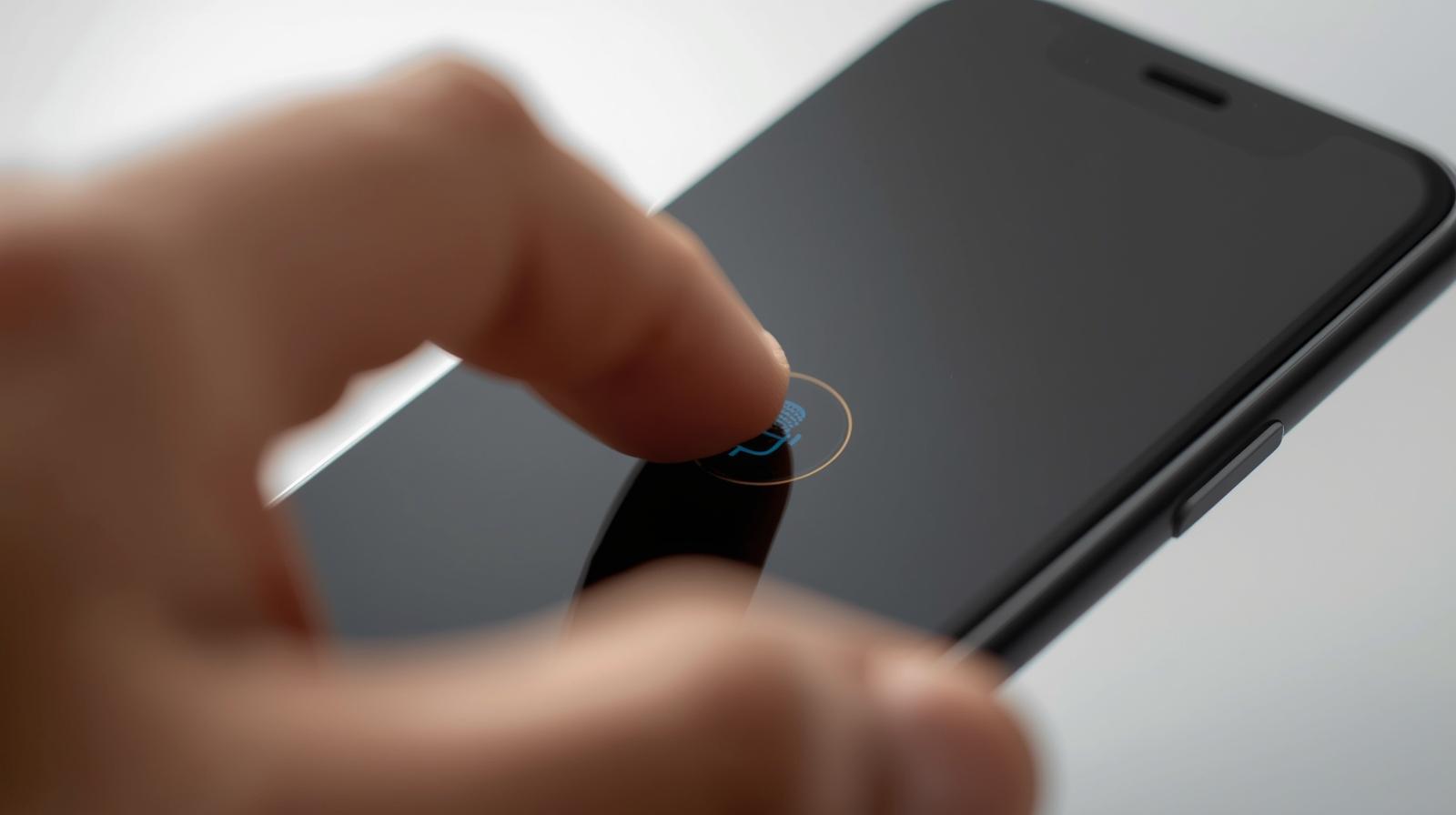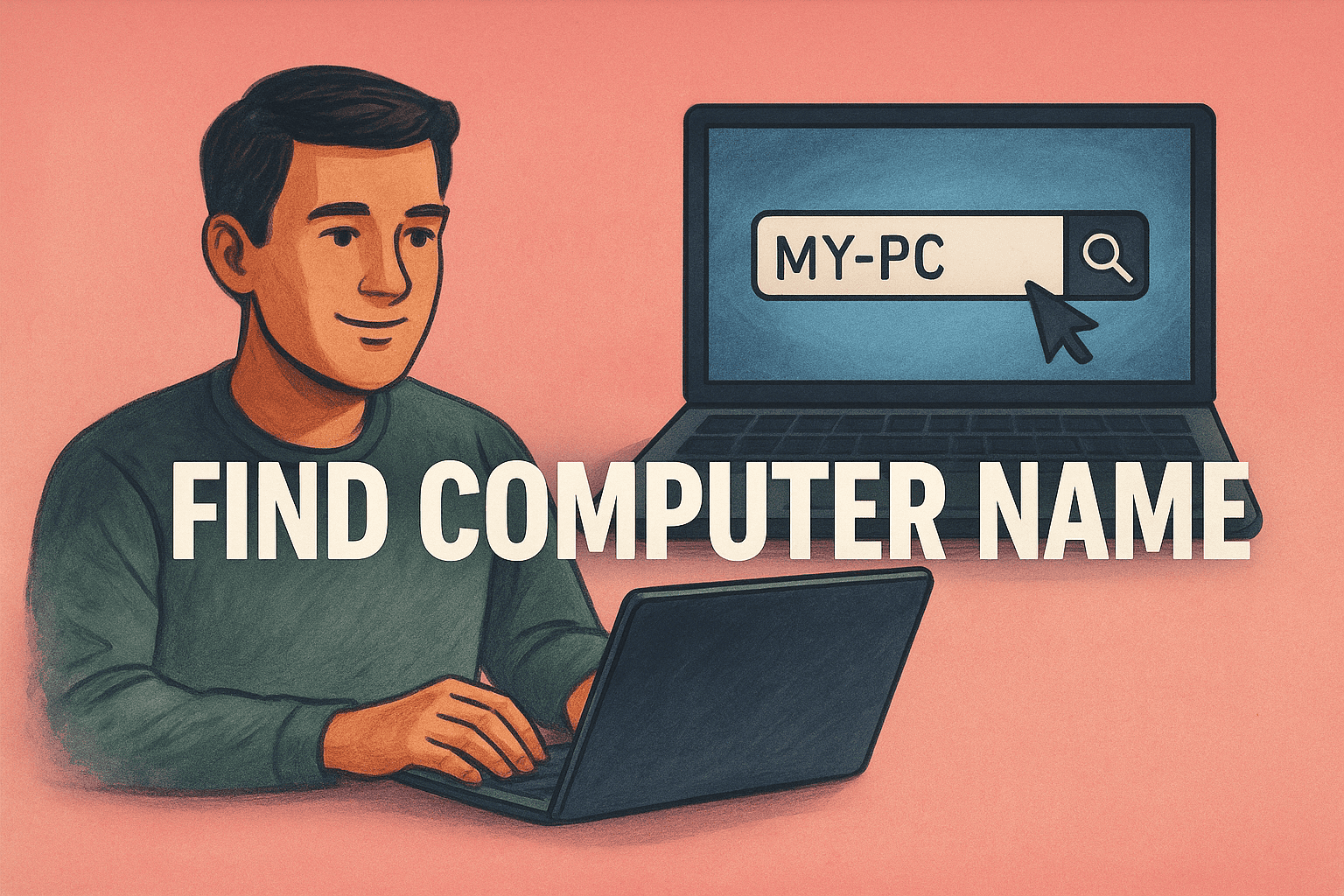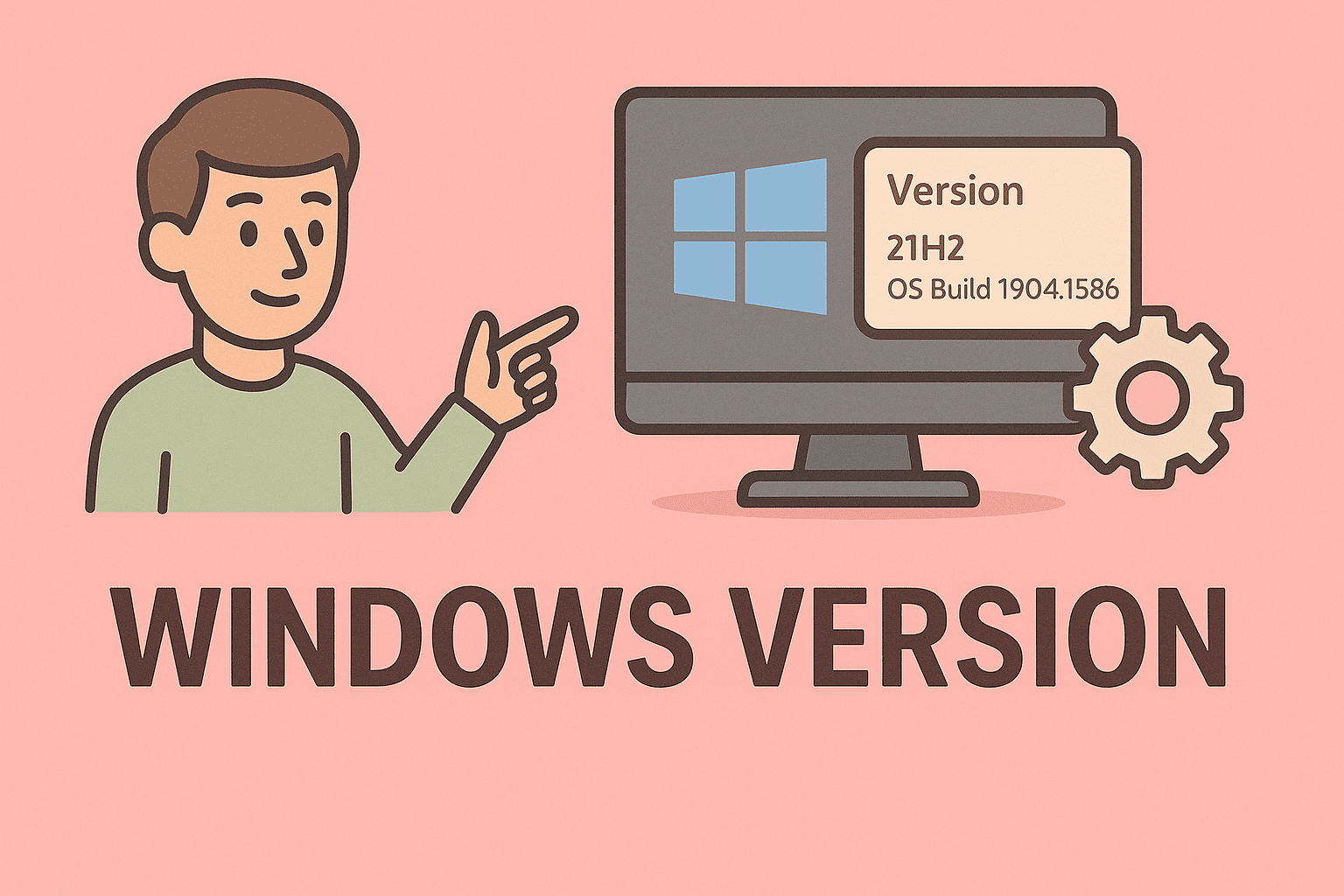Safely Adjusting IP Settings for Improved Connectivity
Updated on November 21, 2025, by ITarian
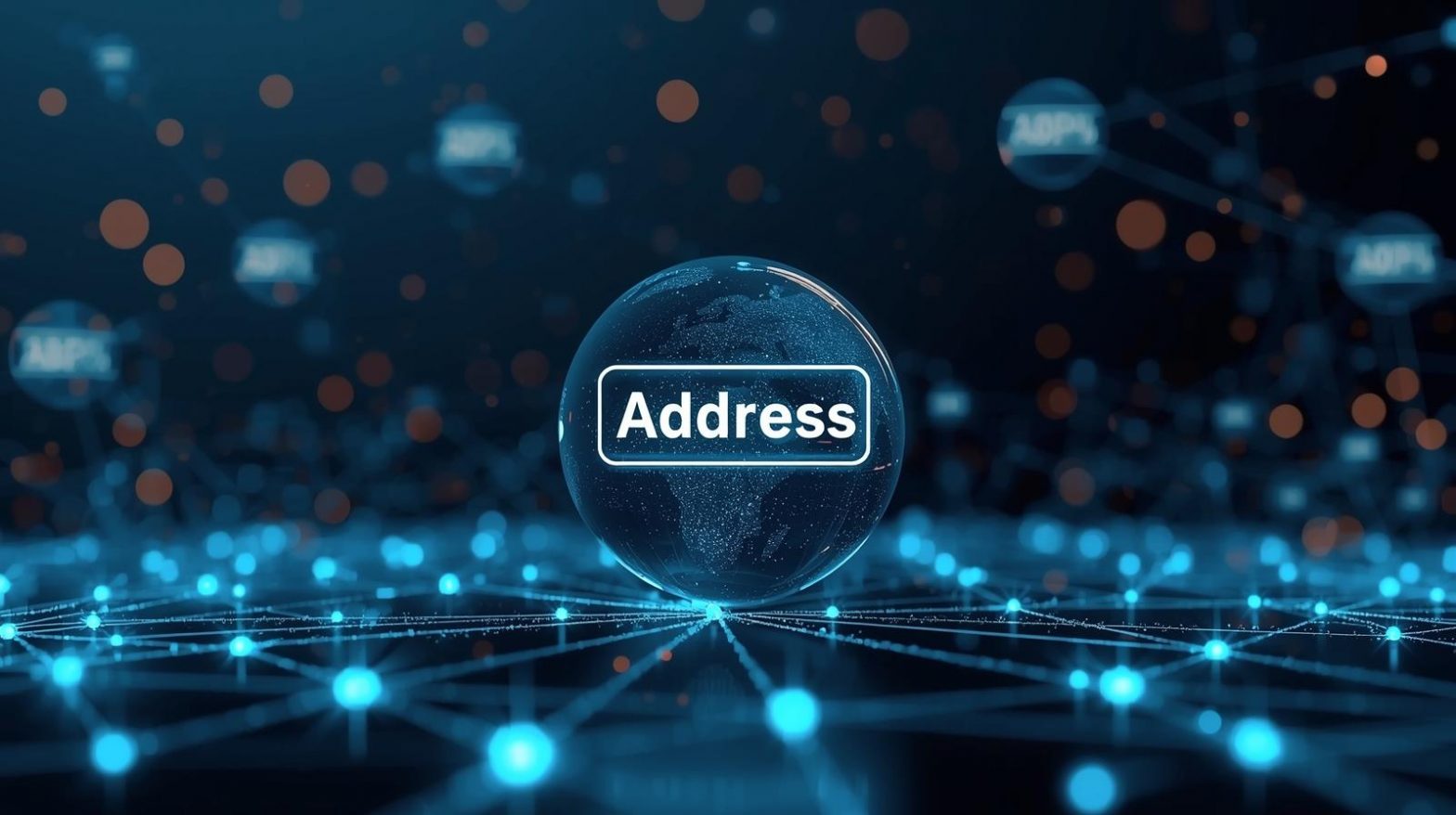
If you’ve ever wondered how do I change IP on your computer, router, or mobile device, you’re not alone. Many IT professionals, cybersecurity teams, and everyday users look for ways to refresh their network identity, improve online privacy, troubleshoot connectivity issues, or resolve conflicts between devices. Changing your IP address isn’t just a technical trick—it’s a valuable skill that helps you manage network performance and enhance digital security.
Whether you’re dealing with network restrictions, blocked websites, slow internet performance, or privacy concerns, understanding how to change your IP the right way ensures safe and reliable results. This comprehensive guide walks through all the legitimate methods for modifying your IP address—public or private—across multiple platforms, including routers, Windows, macOS, smartphones, and more.
What Changing Your IP Address Actually Means
Your IP address is your device’s network identity. When you learn how do I change IP, you can modify either:
1. Private IP Address
-
Assigned by your router
-
Used inside your local network
-
Controls internal device communication
2. Public IP Address
-
Assigned by your Internet Service Provider (ISP)
-
What websites and online services see
-
Determines your regional access
Knowing the difference helps you decide which type you need to change and why.
Why People Change Their IP Address
There are many legitimate reasons to adjust IP settings, especially in IT and cybersecurity environments.
Common reasons include:
-
Fixing connection issues
-
Resolving IP address conflicts
-
Improving privacy
-
Resetting your network identity
-
Bypassing local caching issues
-
Updating location-based services
-
Testing security environments
-
Accessing internal network resources
A secure and proper method ensures you don’t disrupt the network or violate organizational policies.
How to Change Your IP Address on Windows 10 & Windows 11
Windows provides multiple methods for updating IP settings depending on whether you want a new private address or a refreshed connection.
Method 1: Change IP Automatically (Recommended)
If you’re troubleshooting:
-
Open Settings → Network & Internet
-
Select Wi-Fi or Ethernet
-
Click Edit next to IP Assignment
-
Choose Automatic (DHCP)
-
Restart your adapter
This allows your router to assign you a new private IP.
Method 2: Assign a Static IP Manually
For permanent device identification:
-
Open Settings → Network & Internet
-
Choose your network connection
-
Click Edit under IP settings
-
Switch to Manual
-
Enter:
-
IP address
-
Subnet mask
-
Gateway
-
DNS servers
-
-
Save changes
Useful for servers, printers, or managed environments.
Method 3: Renew IP Using Command Prompt
A deeper reset:
-
Open CMD as Administrator
-
Type:
-
Press Enter after each command
This forces Windows to request a new IP from your router.
Method 4: Restart the Network Adapter
-
Right-click Start → Device Manager
-
Expand Network adapters
-
Disable your adapter
-
Enable it again
This resets the device to refresh IP configuration.
How to Change Your IP Address on macOS
Mac offers clean tools for adjusting IP settings.
Method 1: Renew DHCP Lease
-
Go to System Settings
-
Select Network → Wi-Fi
-
Click Details
-
Open TCP/IP
-
Select Renew DHCP Lease
This replaces your private IP.
Method 2: Manually Change the IP
-
Open Network settings
-
Choose your network
-
Click Details
-
Select Configure IPv4 → Manually
-
Enter a new IP, subnet mask, and router
This is used mainly for advanced IT environments.
How to Change Your IP Address on Your Router
Your router controls both your public IP and private network.
Method 1: Restart the Router
A simple reboot often gives you a new public IP:
-
Unplug the router
-
Wait 20–30 seconds
-
Plug it back in
-
Wait for it to reconnect
ISPs frequently reassign IPs after reconnection.
Method 2: Request New IP from ISP
Most providers assign dynamic IPs. If restarting doesn’t work:
-
Log into your ISP account portal
-
Check for “Refresh IP” or “Restart Connection” options
-
Contact customer service to request a new IP
Method 3: Change Router MAC Address
Some ISPs use DHCP reservations based on MAC address.
Changing the router’s MAC:
-
Log in to router admin panel
-
Look for MAC Address Clone
-
Change or randomize it
-
Restart router
The ISP will treat it as a new device and may assign a new IP.
How to Change Your IP Address on a Smartphone
On Android
-
Open Settings → Network & Internet
-
Select Wi-Fi
-
Tap your connected network
-
Choose Advanced
-
Select IP settings → Static
-
Enter new details
On iPhone
-
Open Settings
-
Tap Wi-Fi
-
Select your network
-
Tap Configure IP
-
Choose Manual
-
Enter your IP details
How to Change Your Public IP Address Using VPN or Proxy
Sometimes, the only reliable way to change your public IP is by using a secure privacy tool.
VPN Services
A VPN assigns you an encrypted IP from the server location you choose.
Benefits:
-
Strong privacy
-
Secure tunneling
-
Access to region-based services
-
Hides your real IP
Proxy Servers
Proxies redirect traffic but are less secure than VPNs.
Tor Network
Provides anonymization but slower speeds.
Enterprise Needs: Changing IPs in Business Environments
IT managers change IP addresses for reasons like:
-
Network segmentation
-
Device grouping
-
Server assignment
-
Compliance requirements
-
Security zoning
-
Virtual machine configuration
Recommended approaches include:
Static IP Reservations via DHCP
Configured in router or firewall.
Bulk IP Reassignment
Used in corporate network migrations.
VLAN-Based IP Management
Useful for isolating:
-
IoT devices
-
Guest networks
-
Sensitive assets
Automated IP Address Management (IPAM) Tools
Helps track and manage large IP pools.
Security Considerations When Changing IP
1. Unauthorized IP changes can break networks
Especially in managed business environments.
2. Changing public IP doesn’t guarantee anonymity
ISPs can still track account-level activity.
3. Avoid overlapping IP ranges
This causes conflicts and routing issues.
4. Misconfigured static IPs can cause outages
Incorrect gateways or subnet masks block access.
Frequently Asked Questions
1. Does changing my IP address improve security?
It helps with privacy but is not a complete security measure.
2. Can my ISP stop me from changing IP?
Some providers use long-term DHCP reservations, but they can still refresh it upon request.
3. Is it legal to change your IP address?
Yes—changing your IP is legal as long as you’re not using it for unauthorized access.
4. Why does my IP stay the same after rebooting my router?
Your ISP may use sticky IPs. Contact them to refresh it.
5. Does using a VPN completely hide my IP?
It hides it from websites, but not from your VPN provider.
Final Thoughts
Understanding how do I change IP is essential for privacy, troubleshooting, and IT management. Whether you’re refreshing your connection to solve a network issue or configuring devices in a corporate environment, changing your IP is a fundamental networking skill. With the methods above—covering Windows, macOS, routers, phones, and enterprise infrastructures—you can safely and confidently adjust your network identity.
If you’re looking to enhance device stability, streamline IT workflows, and strengthen endpoint security, you can Start your free trial with ITarian and explore advanced tools for managing your infrastructure with confidence.

